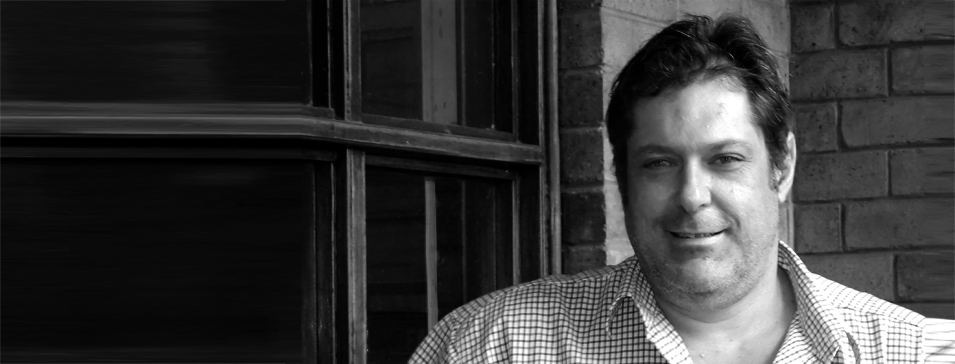Latest News Archive
Please select Category, Year, and then Month to display items
17 June 2020
|
Story Dr WP Wahl

The Division of Student Affairs (DSA) prioritises innovation to meet the challenges of food insecurity and malnutrition among students. To this end, several student volunteers and student governance structures are collaborating with the DSA on various initiatives.
During 2019, various conversations were held about the possibility of creating a health-promoting food environment at the UFS where students and staff are well informed and empowered to take appropriate action regarding their food and nutritional needs. These conversations resulted in an institutional strategy to address the food environment at the UFS. Student representatives serve on a technical committee that directs the implementation of this strategy. In this regard, several initiatives have already been launched.
Students from residences and other student communities have planted vegetable gardens on the Bloemfontein Campus with the assistance of KovsieACT and the Faculty of Natural and Agricultural Sciences. Students and staff are already harvesting and distributing vegetables to needy students every week. Measurements were put in place to continue this during the COVID-19 period. The following vegetables were planted: spinach, cabbage, beetroot, broccoli, cauliflower, and carrots.
Food parcels, donated by Tiger Brands and Gift of the Givers, are continuously handed out by DSA staff and student volunteers. In this regard, 540 food parcels have already been handed out on the Bloemfontein Campus during the COVID-19 period alone. During the same time, 117 students received food parcels on the Qwaqwa Campus. The innovation of this food parcel project rests on the fact that business, NPOs, UFS students, and DSA staff are collaborating to address food insecurity and malnutrition.
More collaborative initiatives will be implemented over the next 12 months. The DSA staff and students are already working with the Department of Dietetics and Consumer Sciences to create information packages about the preparation of low-budget nutritious meals.
Related article:
Vegetable tunnels established to continue the fight against food insecurity
An astrophysics pioneer at Kovsies
2014-01-05
 |
| Prof Pieter Meintjes |
Over the last decade Prof Pieter Meintjes’ strong background in astrophysics led to the development of a course of excellence at the University of the Free State.
Today we present an Astrophysics degree at our university, from first-year courses to PhDs.
Meintjes matriculated at the Sybrand van Niekerk High School in Sabie and completed a BSc in Physics and Mathematics at the North-West University in 1988. In 1990 and 1993 he respectively obtained his MSc and PhD in Physics from the same university.
Hereafter he spent a post-doctoral year at the Max Planck Institute for Space Science near München in Germany. In January 1997, Meintjes was appointed as a senior lecturer at our university’s Department of Physics. He was promoted to Professor in Physics in 2008.
Prof Meintjes is a member of the South African Institute for Physics (SAIP) and during 2002-2004 he was also co-chair of the astrophysics and space science group of SAIP. He serves on the executive committee of the National Astrophysics and Space Science Programme (NASSP) and is often a visiting lecturer at the University of Cape Town. He is a NRF-supported researcher and author and co-author of 70 publications in high-profile international journals and published conference issues.
During 2011-2013 he successfully delivered three PhD students along with one MSc student. His PhD students also delivered addresses at international conferences in Champery (Switzerland), Heidelberg (Germany), Paris (France), Barcelona (Spain) and Milan (Italy), Cape Town and the Kruger Game Reserve.
Over the last two years he has also been the author and co-author of six publications in Monthly Notices of the Royal Astronomical Society (MNRAS), as well as various publications in the Astrophysical Journal in support of the international planet search programme. A further 12 publications also came forth from Meintjes’ international conference contributions.
During the recent H.E.S.S. meeting in Namibia, Meintjes was appointed as the latest member of the highly-regarded international cooperation with H.E.S.S.
His membership of the H.E.S.S. group is due to his knowledge on gamma rays, which entails research on high-energy astrophysics.